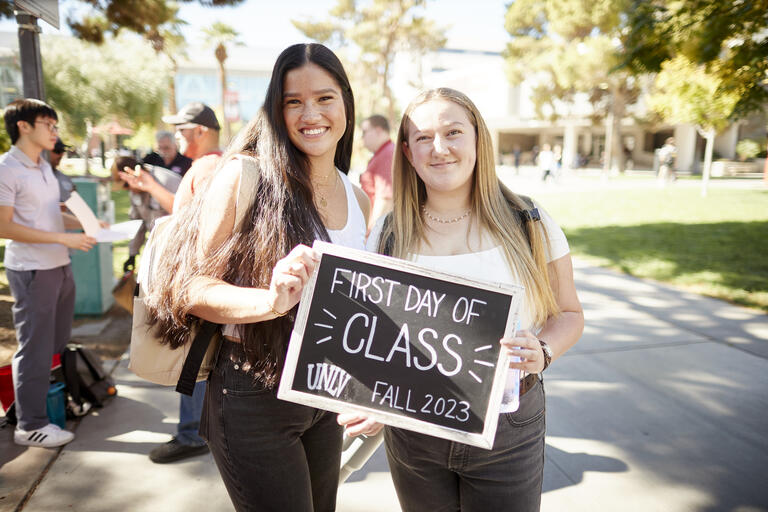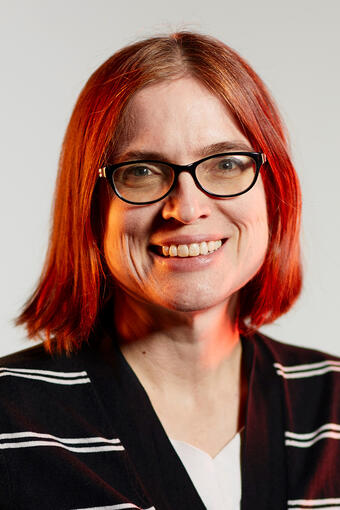Elisabeth (Libby) Hausrath
Biography
Elisabeth (Libby) Hausrath is an aqueous geochemist and astrobiologist who investigates interactions between water and minerals, and the impacts of life on those interactions. She and her team use a combination of field work, laboratory experiments, and modeling to investigate signatures of aqueous alteration and life, the rates at which water-rock interactions occur, and how they differ on Earth and on other planets such as Mars. Their work helps understand chemical weathering, water chemistry, nutrient release, the formation of soils, and potential signatures of life on Earth and Mars.
Hausrath and her team also explore snow dynamics, particularly the interactions between snow algae, microorganisms, and minerals in the nutrient-poor environment present in snow, which may also be an analog to Mars.
Hausrath serves on NASA's Returned Sample Science Board, which offers scientific input into aspects of the upcoming Mars 2020 rover mission.
Education
- Dual-Title Ph.D. Program in Geosciences and Astrobiology, Penn State University
- Sc.B Geology-Chemistry, Brown University
Related Links
Elisabeth (Libby) Hausrath In The News
Articles Featuring Elisabeth (Libby) Hausrath

UNLV Newsmakers 2025: March
The students and faculty of UNLV are springing into headlines around the country.

UNLV Newsmakers 2025: February
The rosiest headlines and highlights featuring the students and faculty of UNLV.

Roving the Red Planet: New Paper Documents First Mars Mission Soil Samples
UNLV-led research details early insights from NASA’s Perseverance rover; Specimens due back on Earth in the 2030s.

UNLV Newsmakers 2023: August
A roundup of prominent news stories highlighting university pride, research, and community collaboration.
